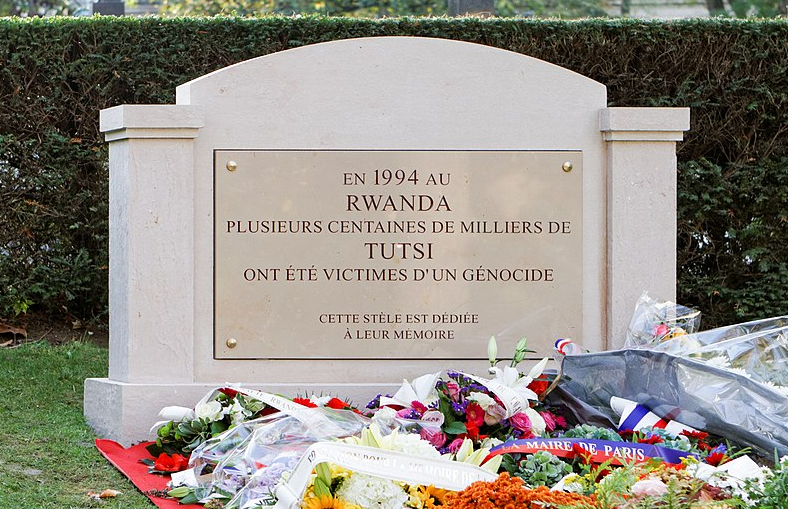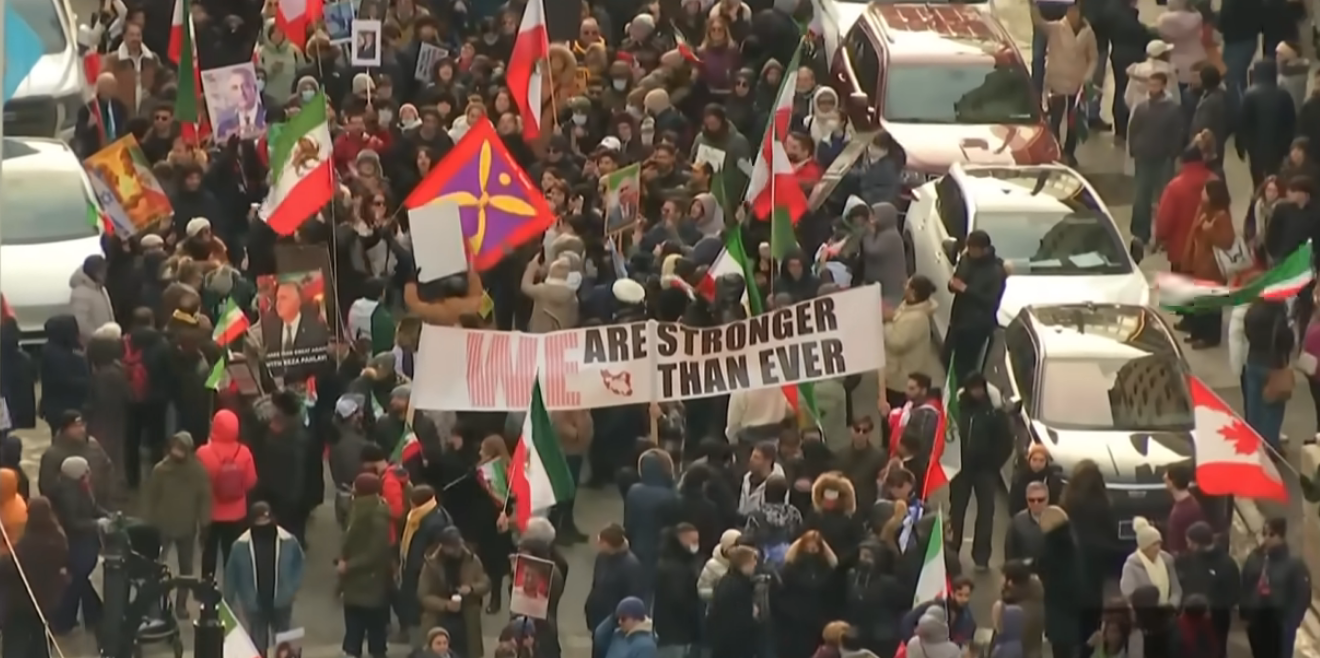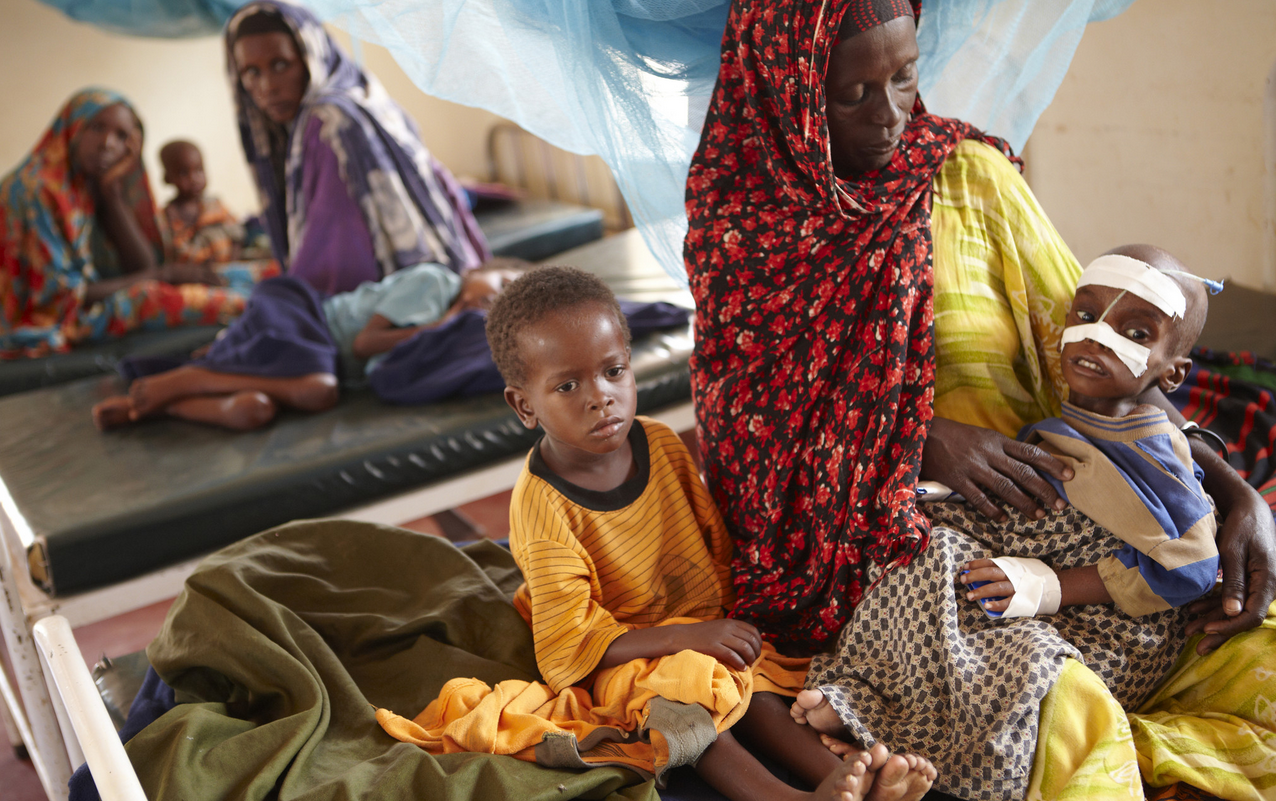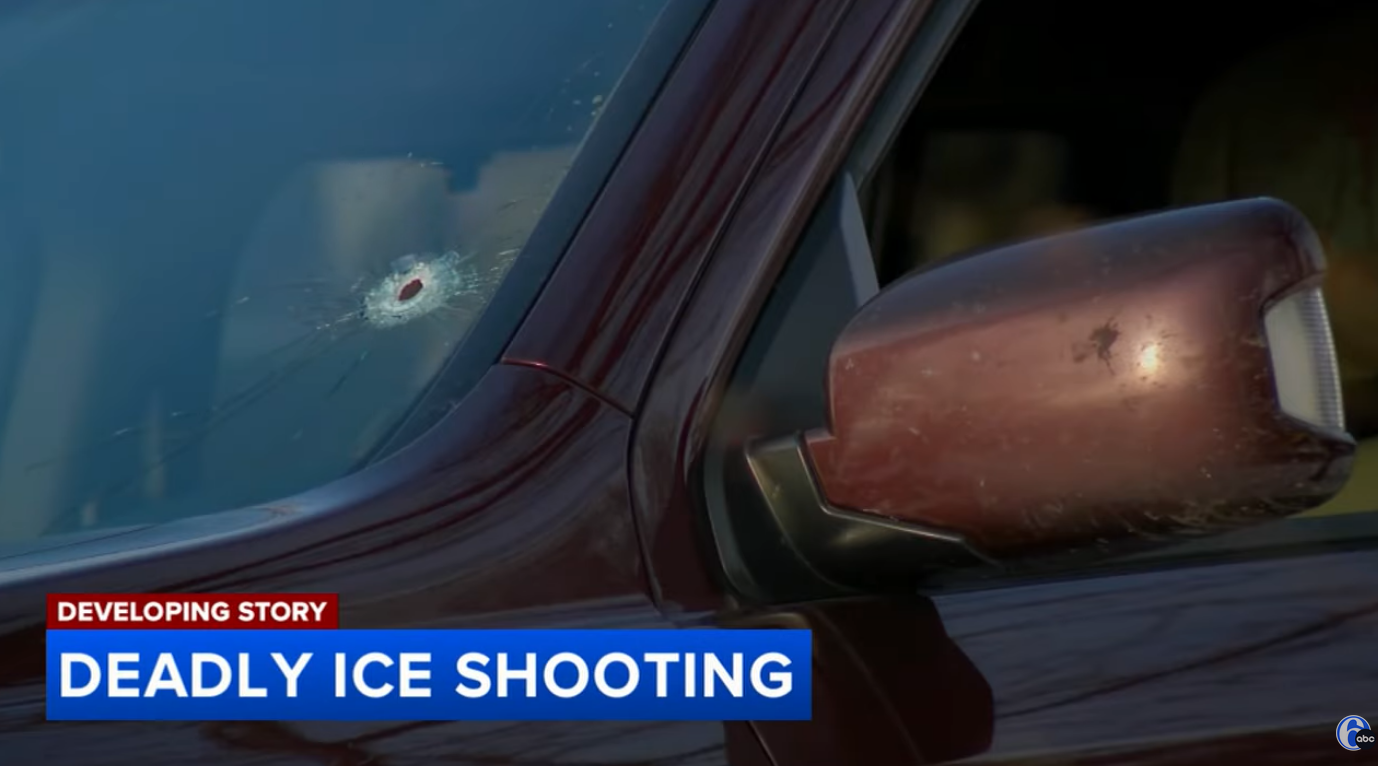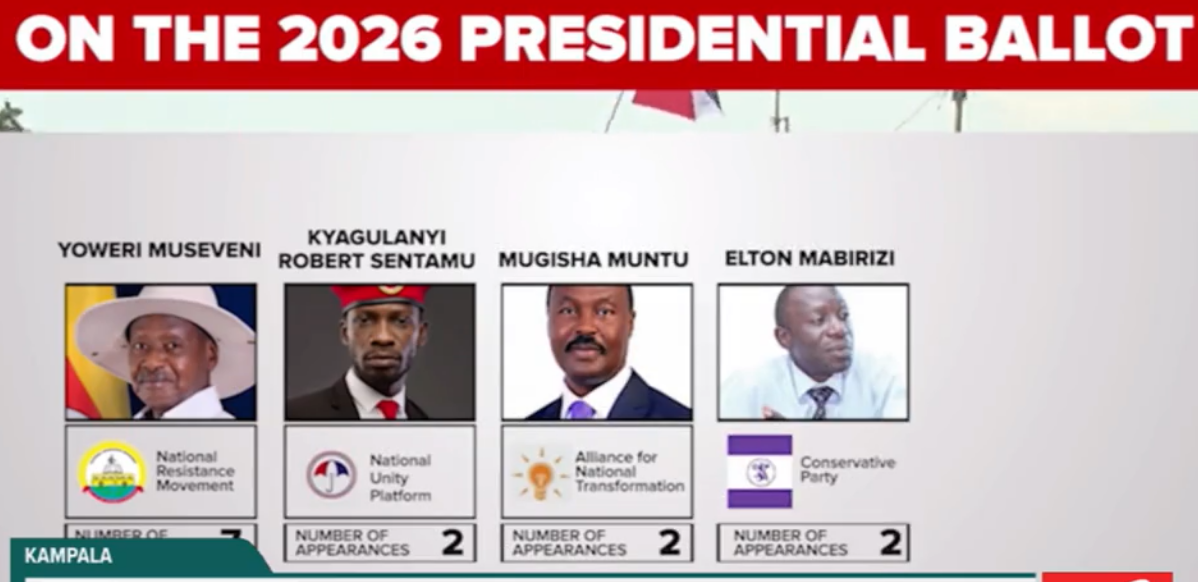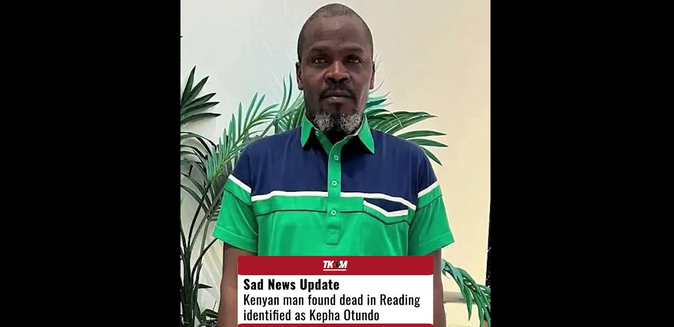Photos: YouTube Screenshots\Wikimedia Commons
If you ask most people my age about Rwanda the only thing they remember is the 1994 genocide. The United Nations reports that as many as one million Tutsis were slaughtered in a one-hundred day period. I was 16 at the time and my interest and understanding of politics was limited, but it was easy to see something was very wrong.

I visited Rwanda this year, arriving just in time for the 4th of July. I’m used to the triumphant jubilee of Independence Day celebrations in the U.S. but in Rwanda the 4th represents Liberation Day—the day in 1994 when rebel troops marched into Kigali and ended the genocide. It is hard to put the stark contrast into words.
In the U.S. many people follow the colloquial wisdom: do not speak of sex, politics, or religion. The things many hold closest to the hearts and see as the greatest reflection of their values and identities can frequently become the catalysts for great division. How many Thanksgiving dinners have been ruined by arguments and bickering over politics?
In Rwanda every day I was meeting and talking with people who shared their survival stories. The horrendous experiences of cruelty were not swept under the rug or hidden—they were memorialized and actively remembered. It would be impossible to forget, even if a person tried, because even 29 years later the reminders—the scars—were everywhere.


One memorial has a mass grave with the remains of more than 250,000 lives cut short. A church I visited is no longer used for worship, 45,000 bodies are interred, and the story is preserved. Churches were a common location for massacres. It seems unthinkable, it feels gratuitous to write about the violence, but I was not educated in a country with a peace curriculum.
Light pierced the church’s corrugated metal roof like stars in the night’s sky because shrapnel from grenades had made hundreds of tiny holes. Children who were lucky enough to survive learned lessons about playing dead and smearing themselves with blood to make it look believable. And it was all shared, because of a commitment to “never forget.”
Of course it is uncomfortable; if you are talking about genocide and it is comfortable, then you are either not talking about genocide or you are a sociopath.
The U.S. should learn from Rwanda. We are having political debates about Ron DeSantis’s “Slavery Was a Good Thing” Curriculum. We sugar-coat atrocities, crimes against humanity, and war for a whole range of reasons and I think it contributes to amnesia and denial.
I think we would all benefit from an honest appraisal of our painful past. Remembering our collective history—with all its blemishes and bloodstains—could be more than a wakeup call.
The whitewash is not just more dishonest political gaslighting. It provides cover for more malicious agendas, the ten stages of genocide include discrimination, dehumanization, and polarization before getting to persecution and extermination.
The contrast could not be more embarrassing. While Rwanda takes great pains to remember cruelty that pushes beyond the mind’s limits the U.S. plays mental gymnastics to find the silver lining in slavery. Can we learn a lesson in being honest about the past? Clinging to lies is not doing us any favors.

Wim Laven, Ph.D., syndicated by PeaceVoice, teaches courses in political science and conflict resolution.
